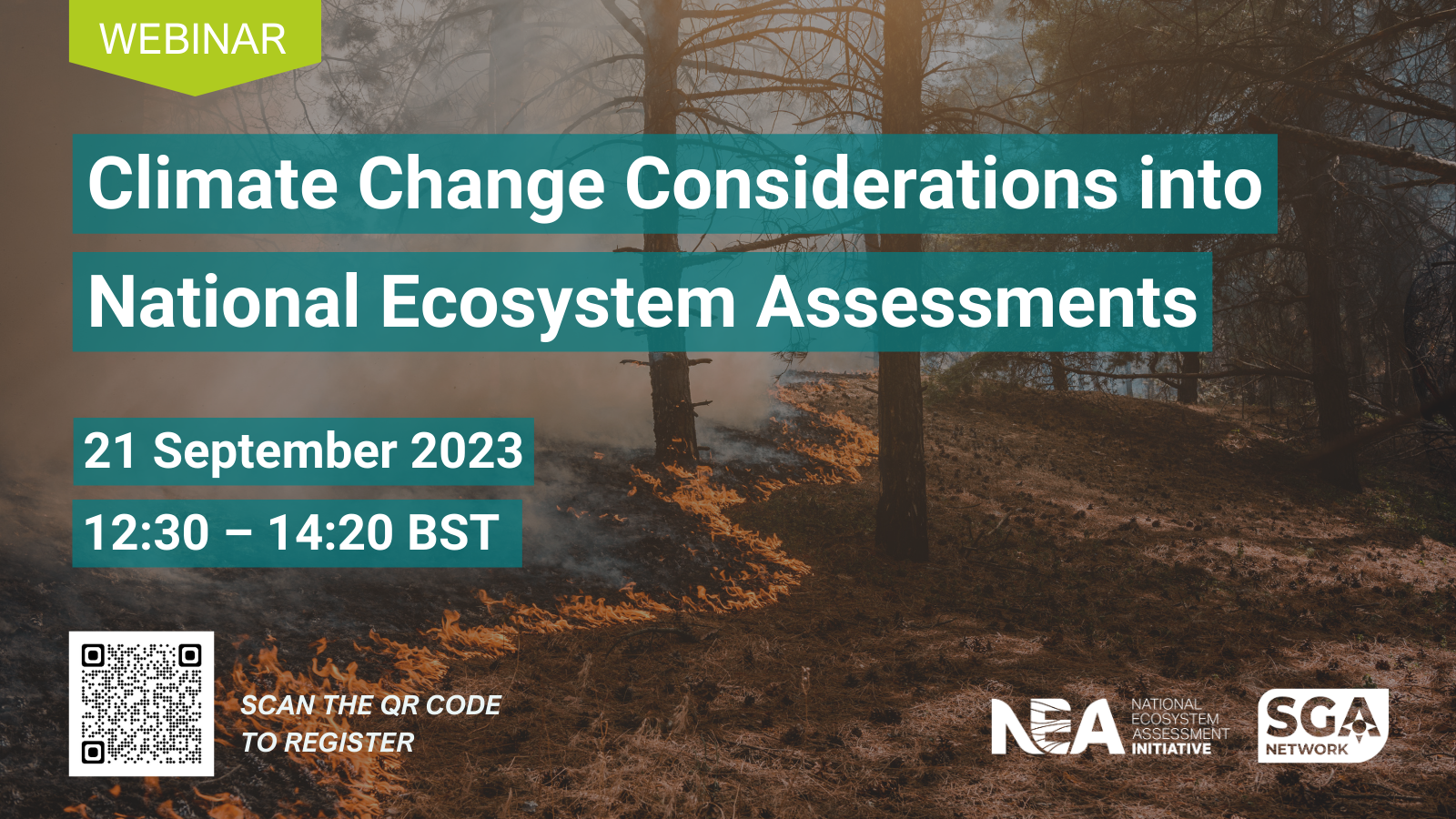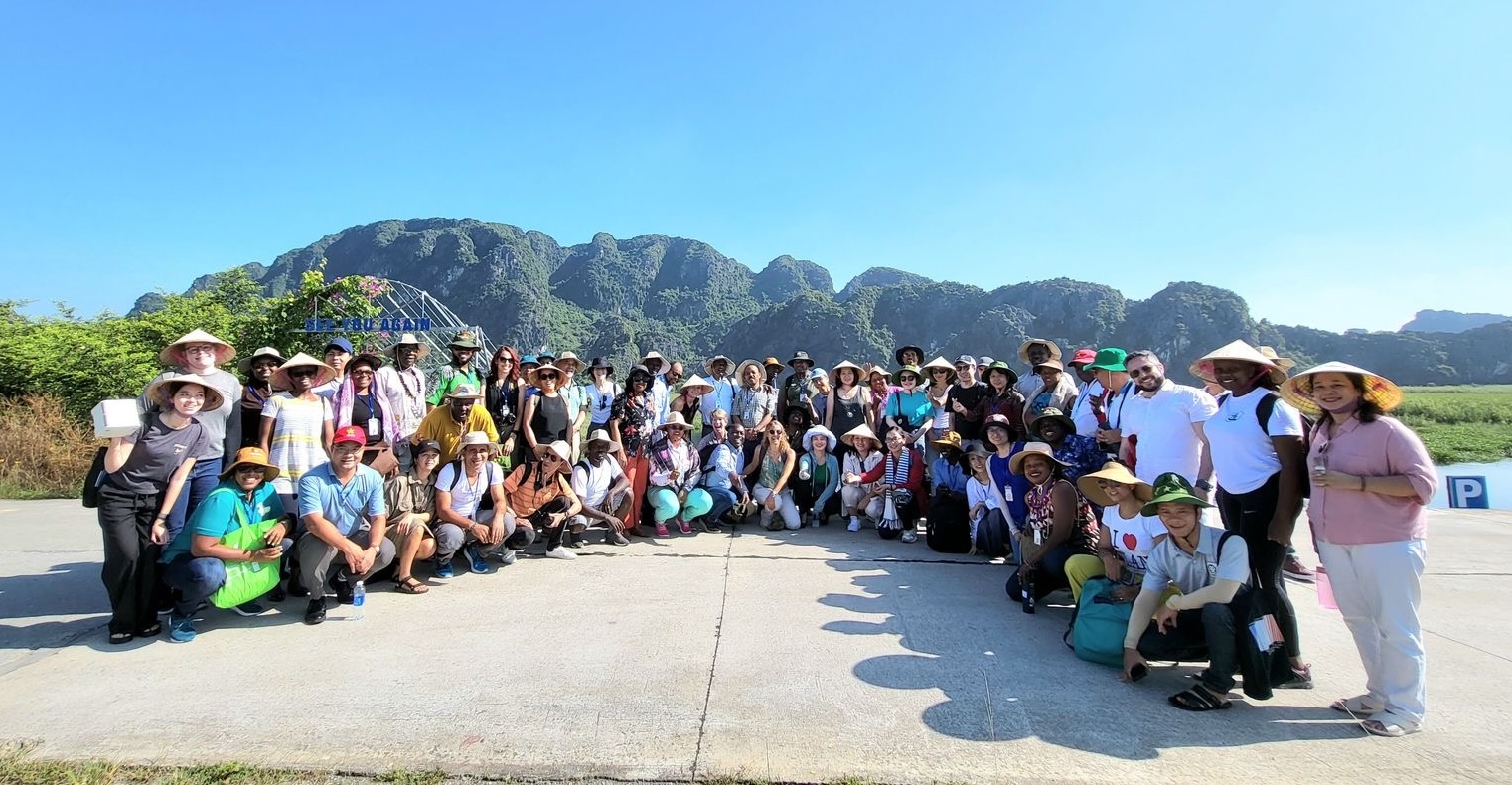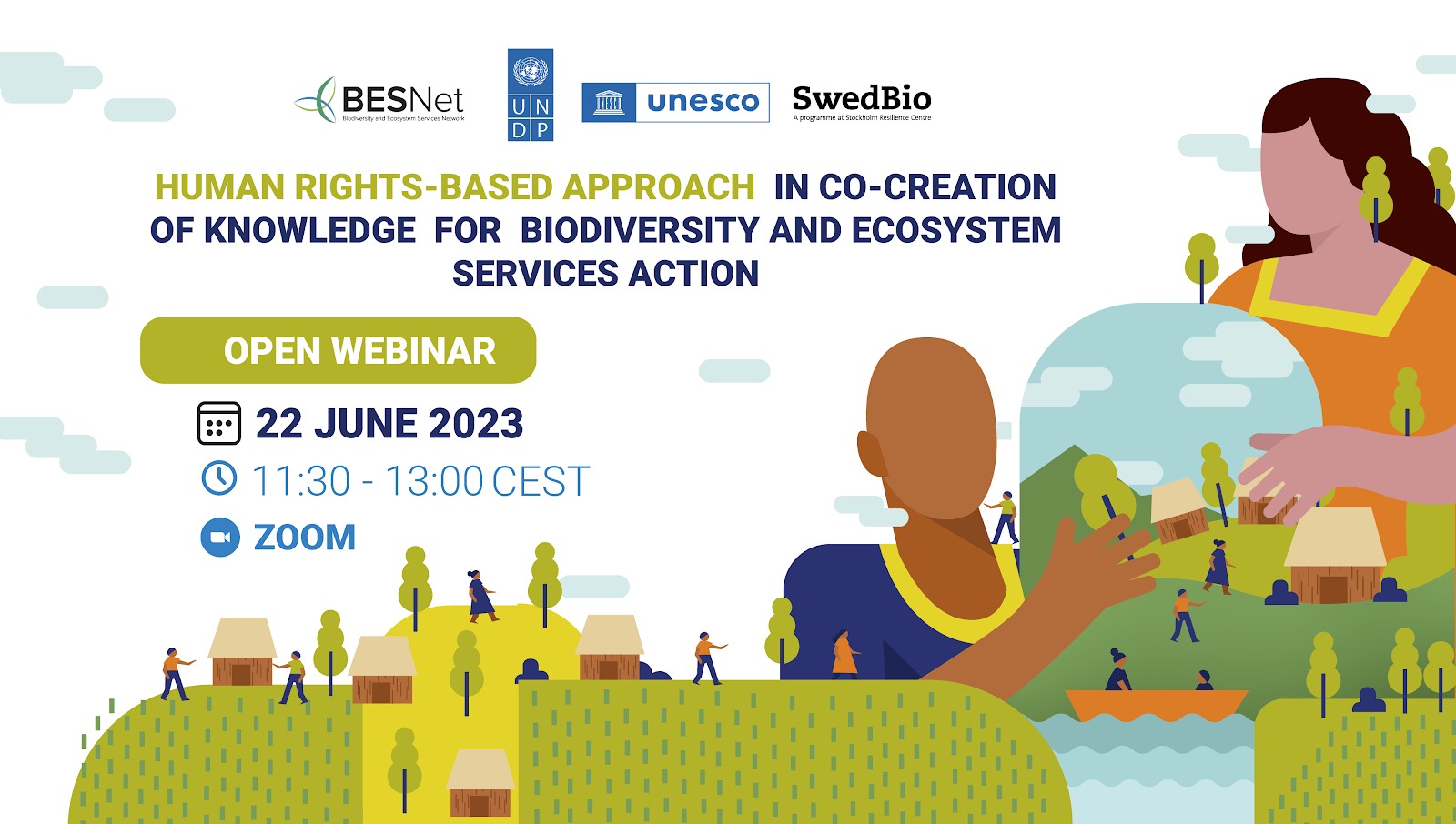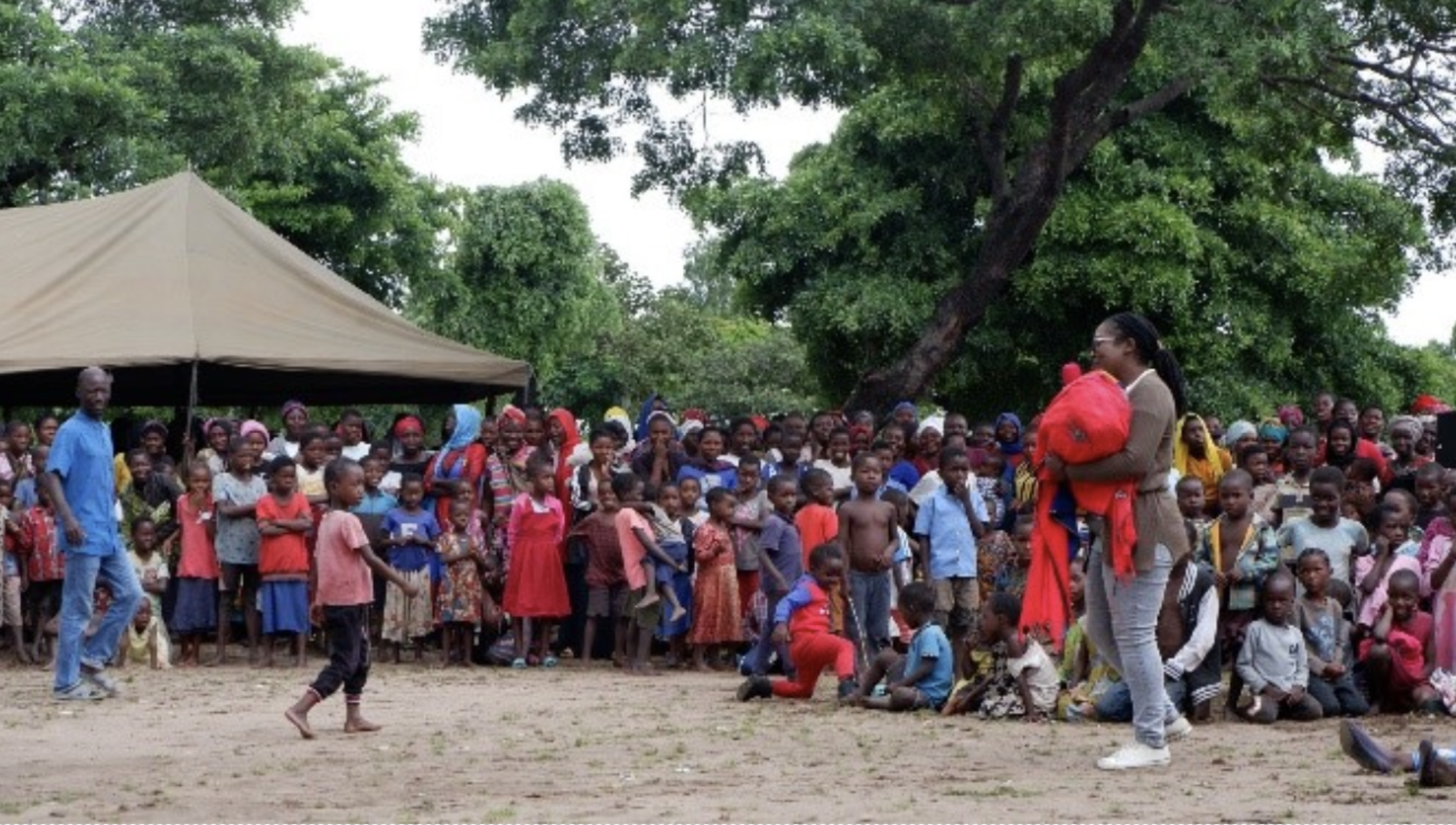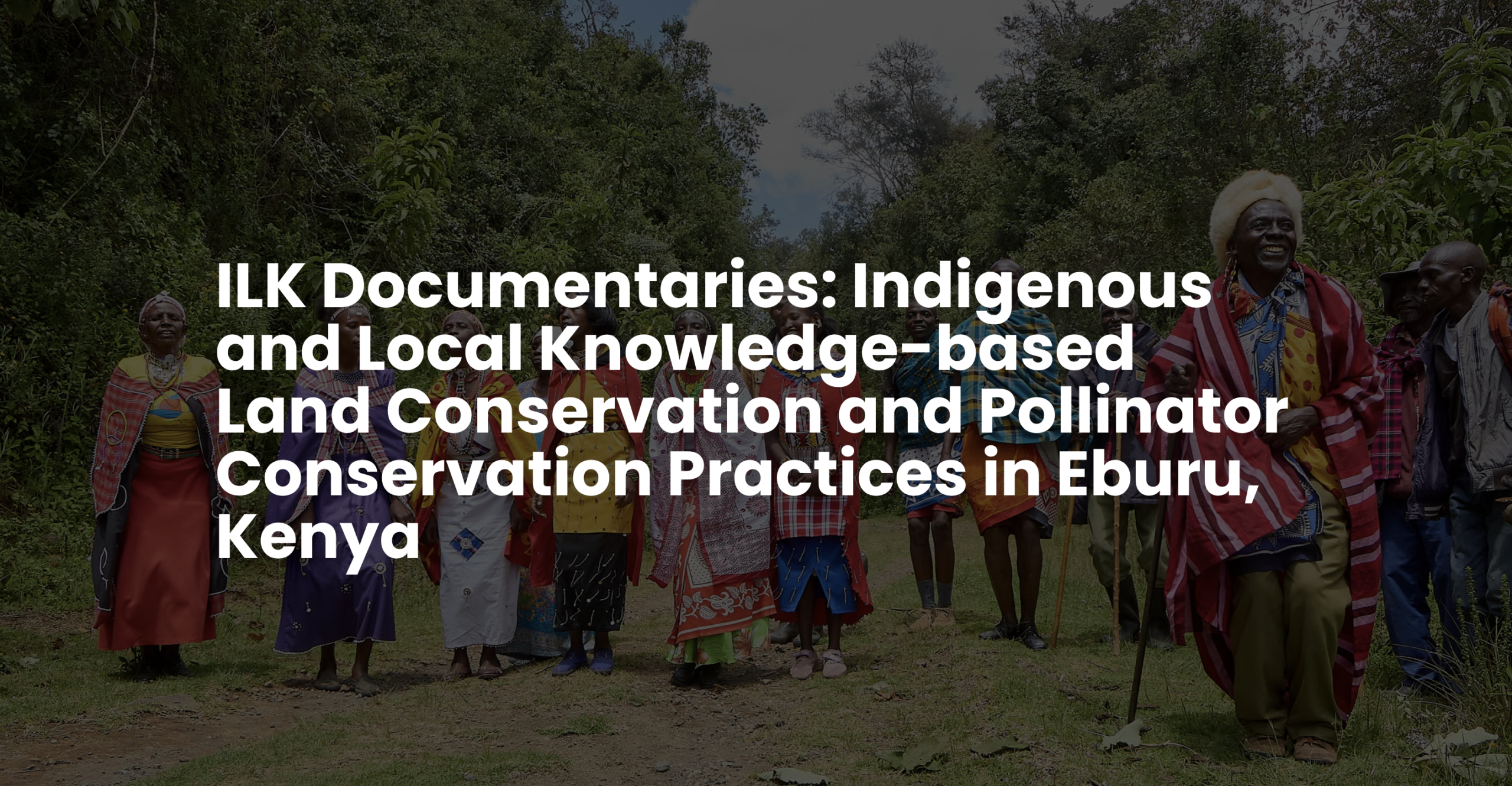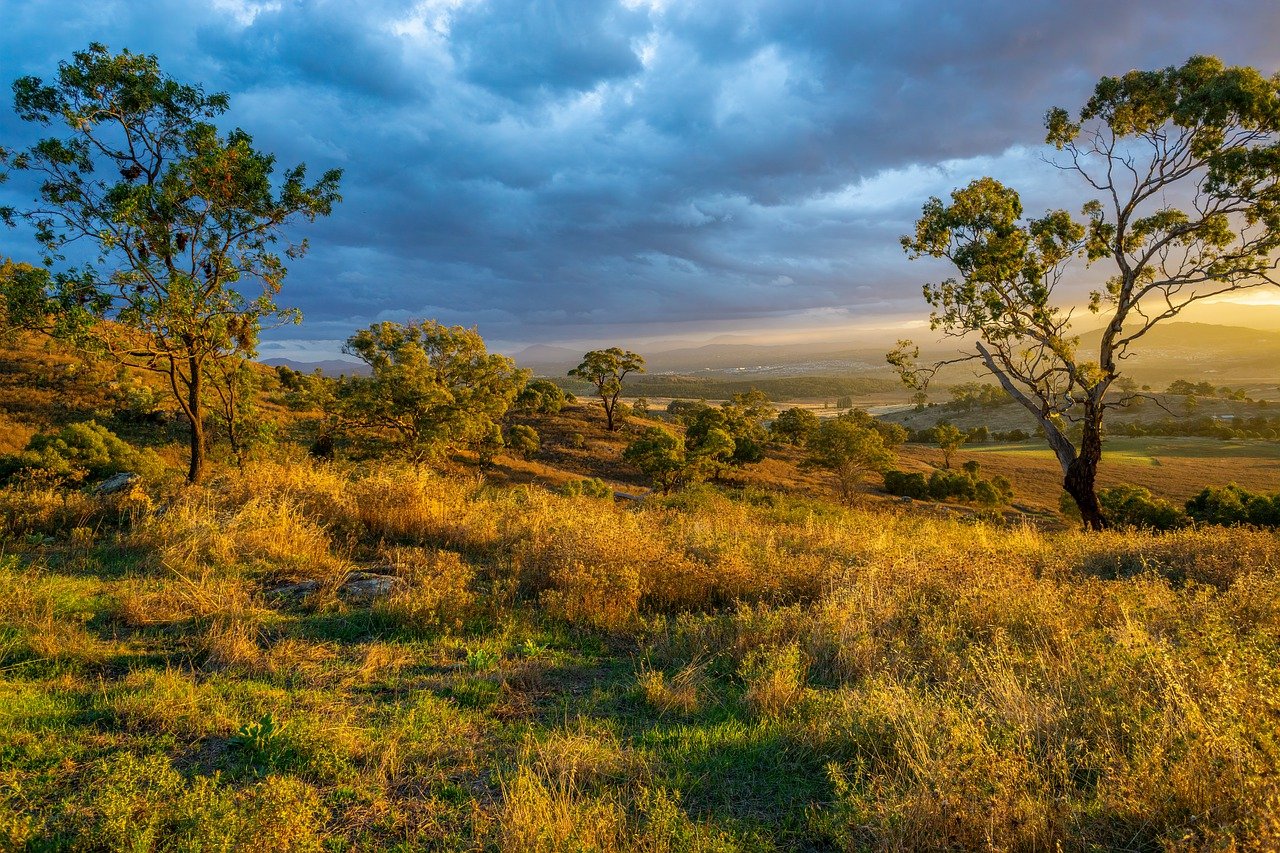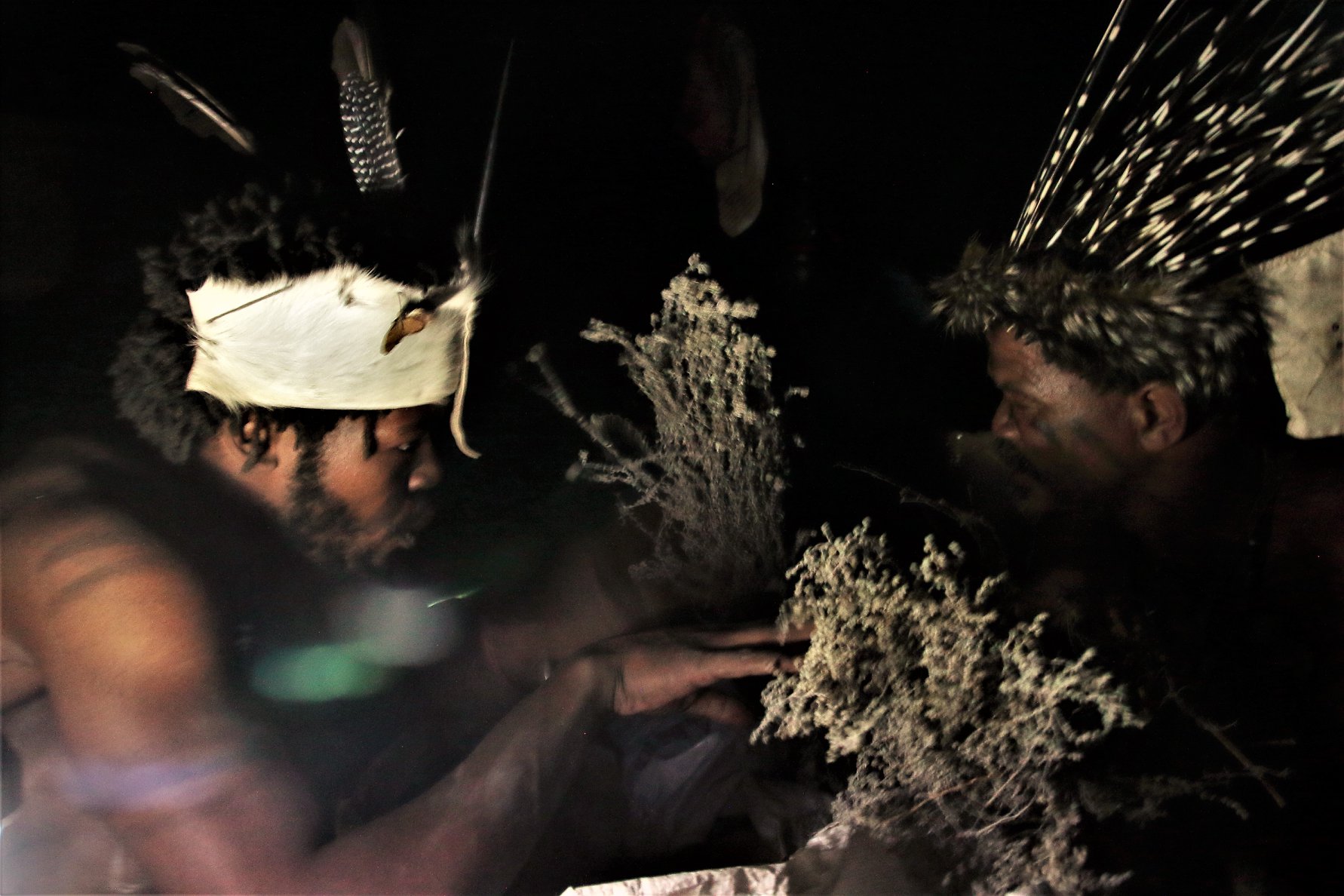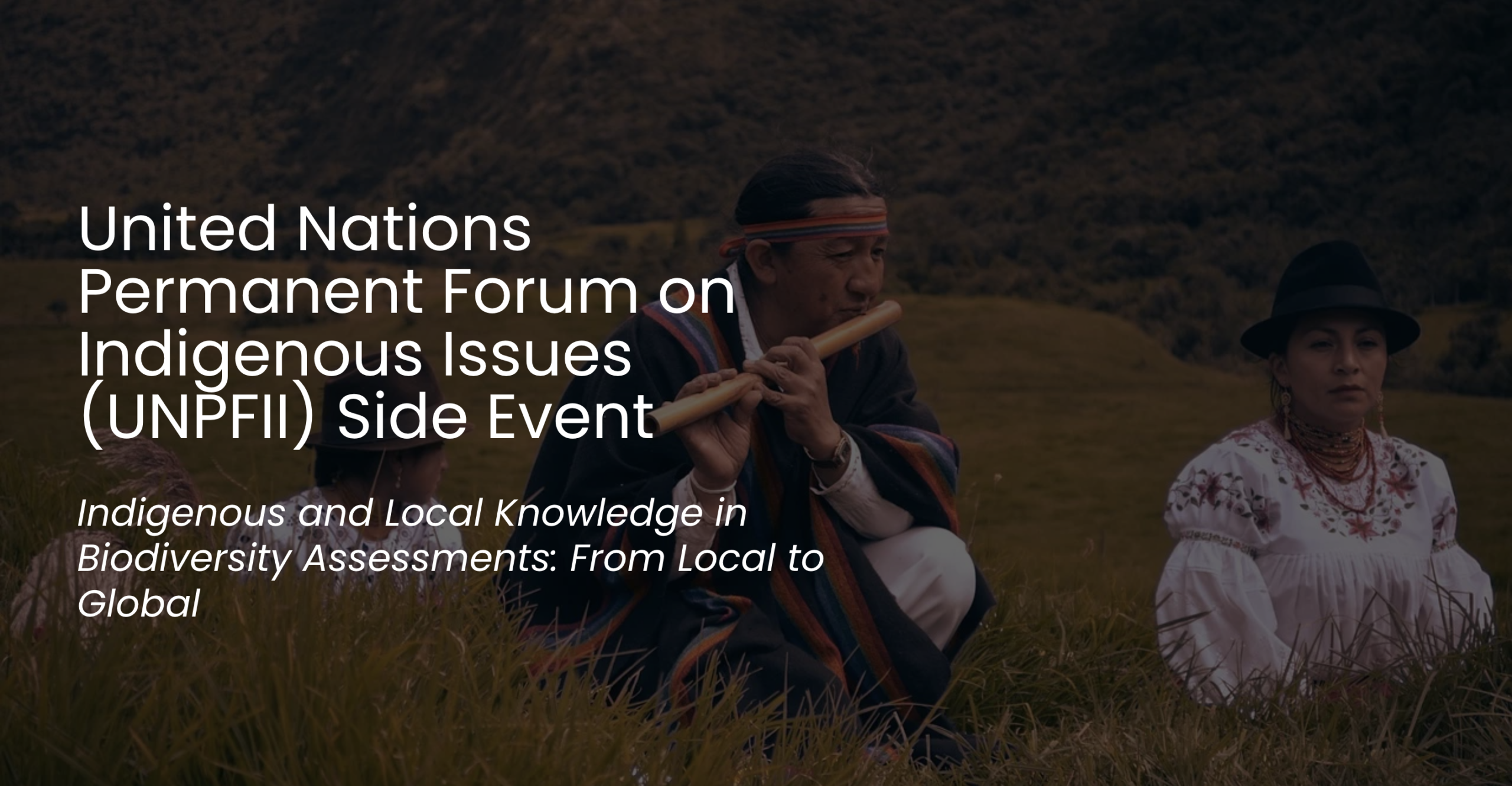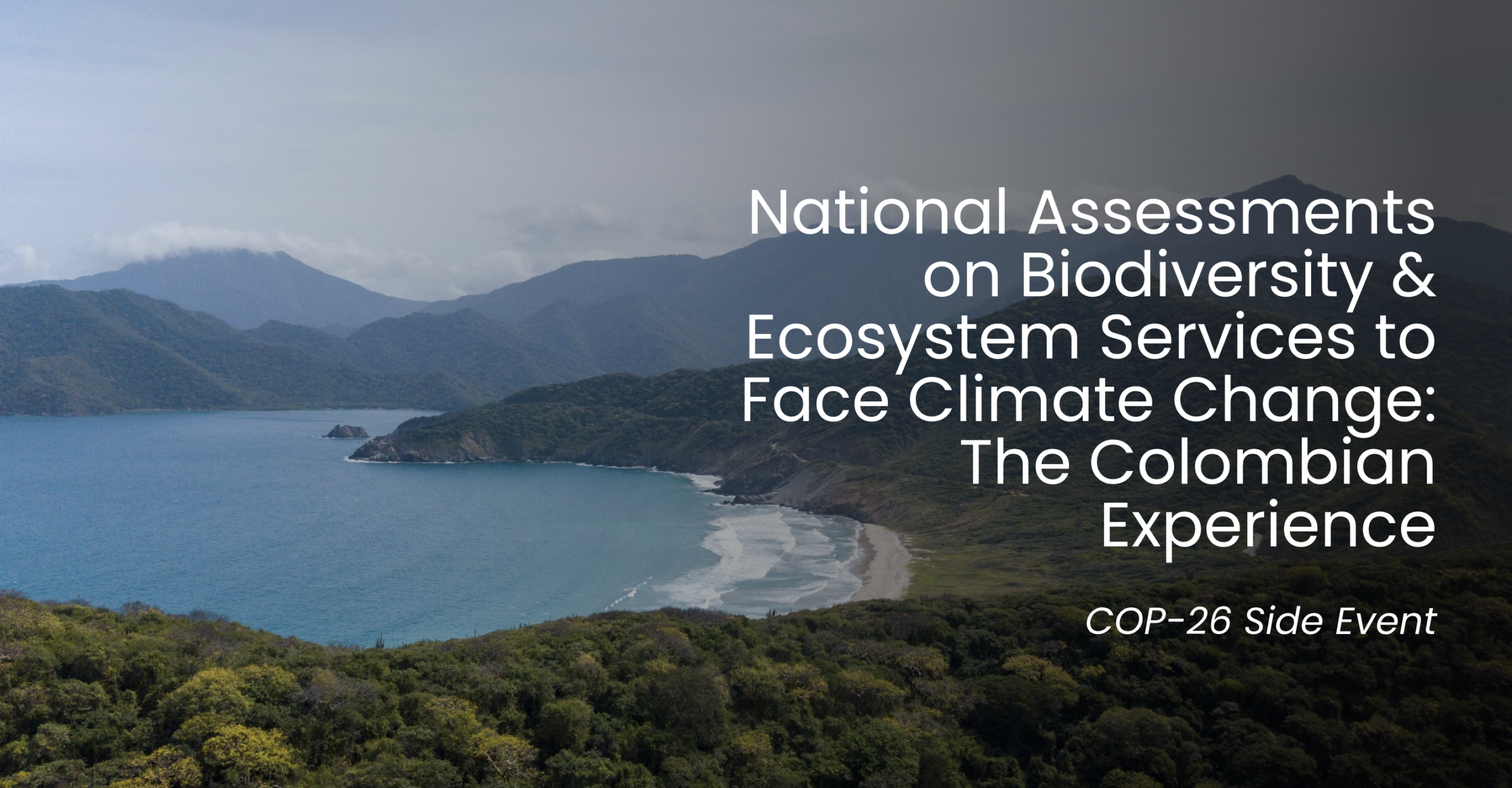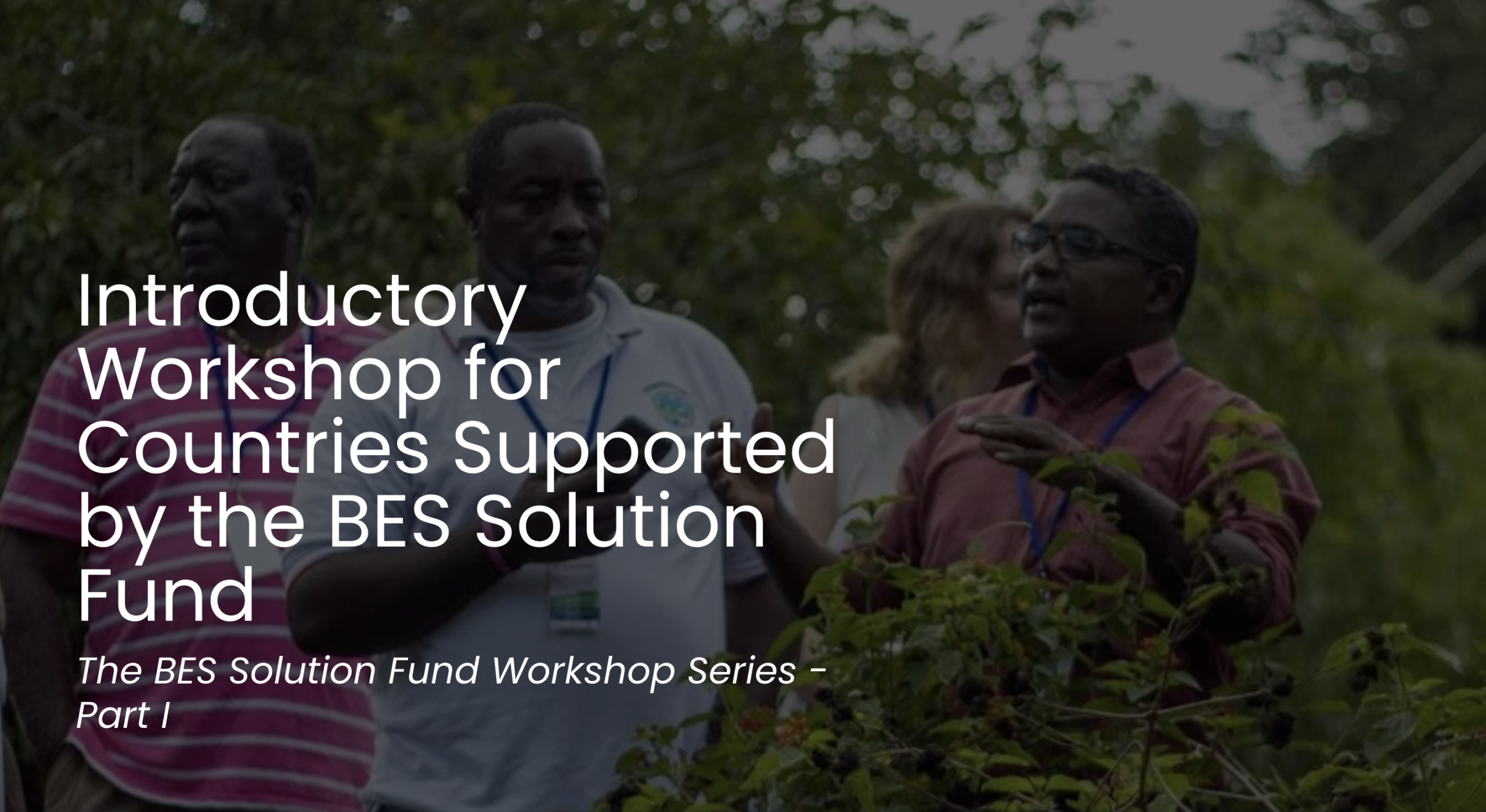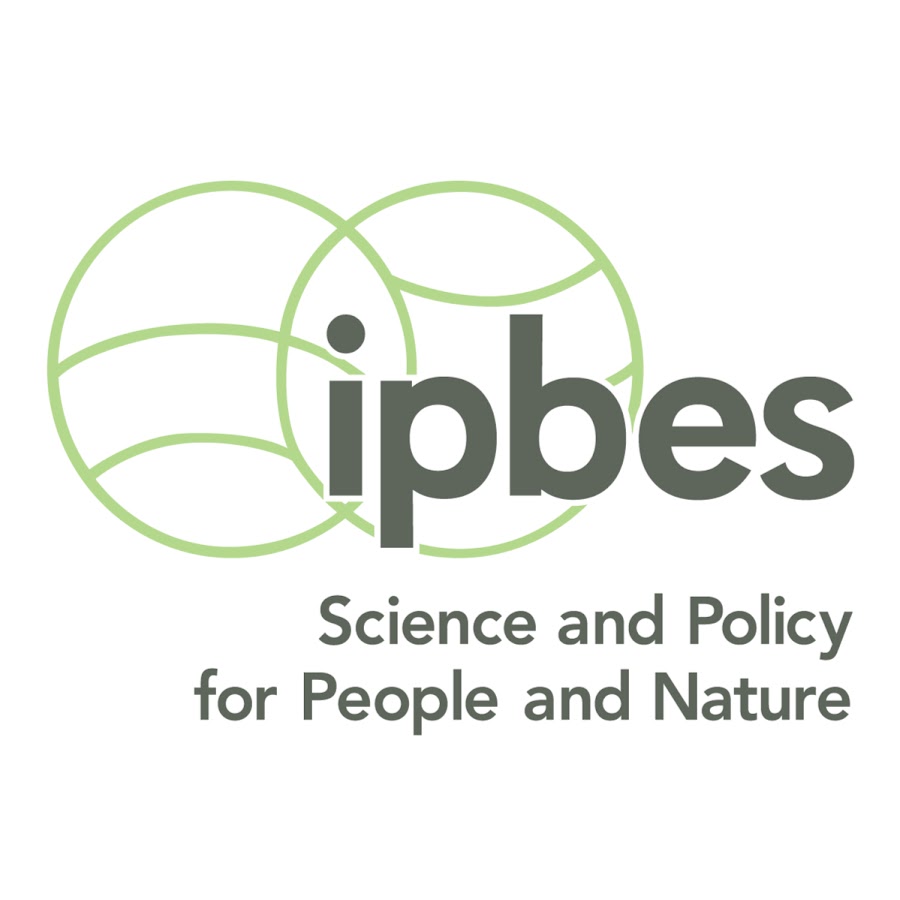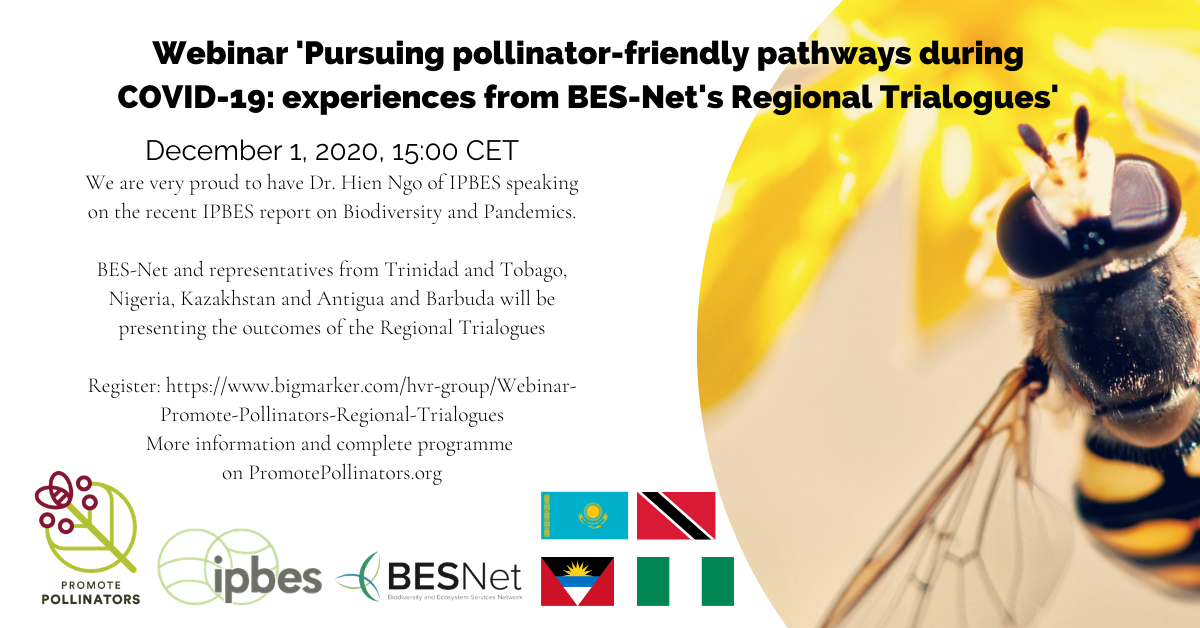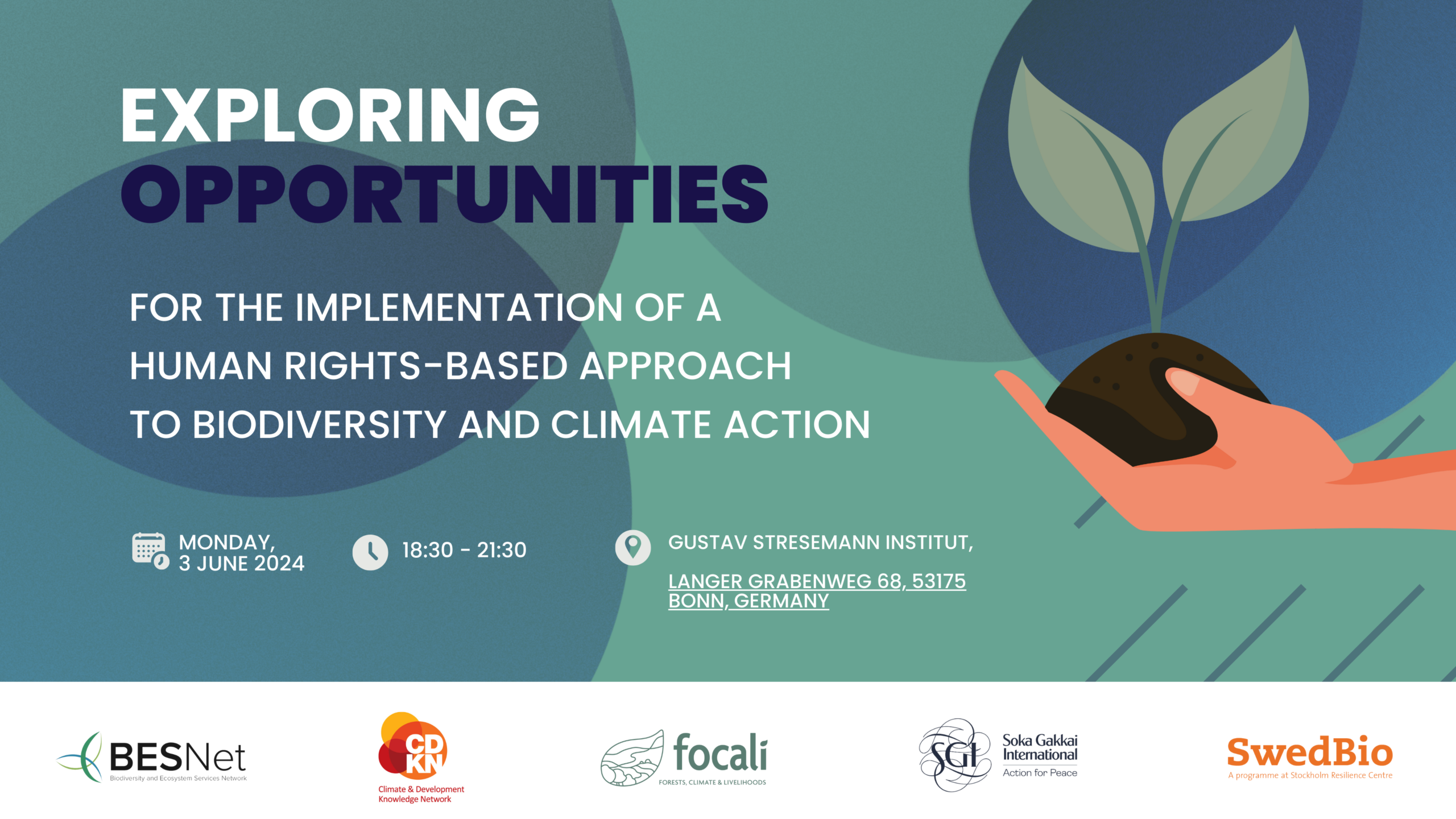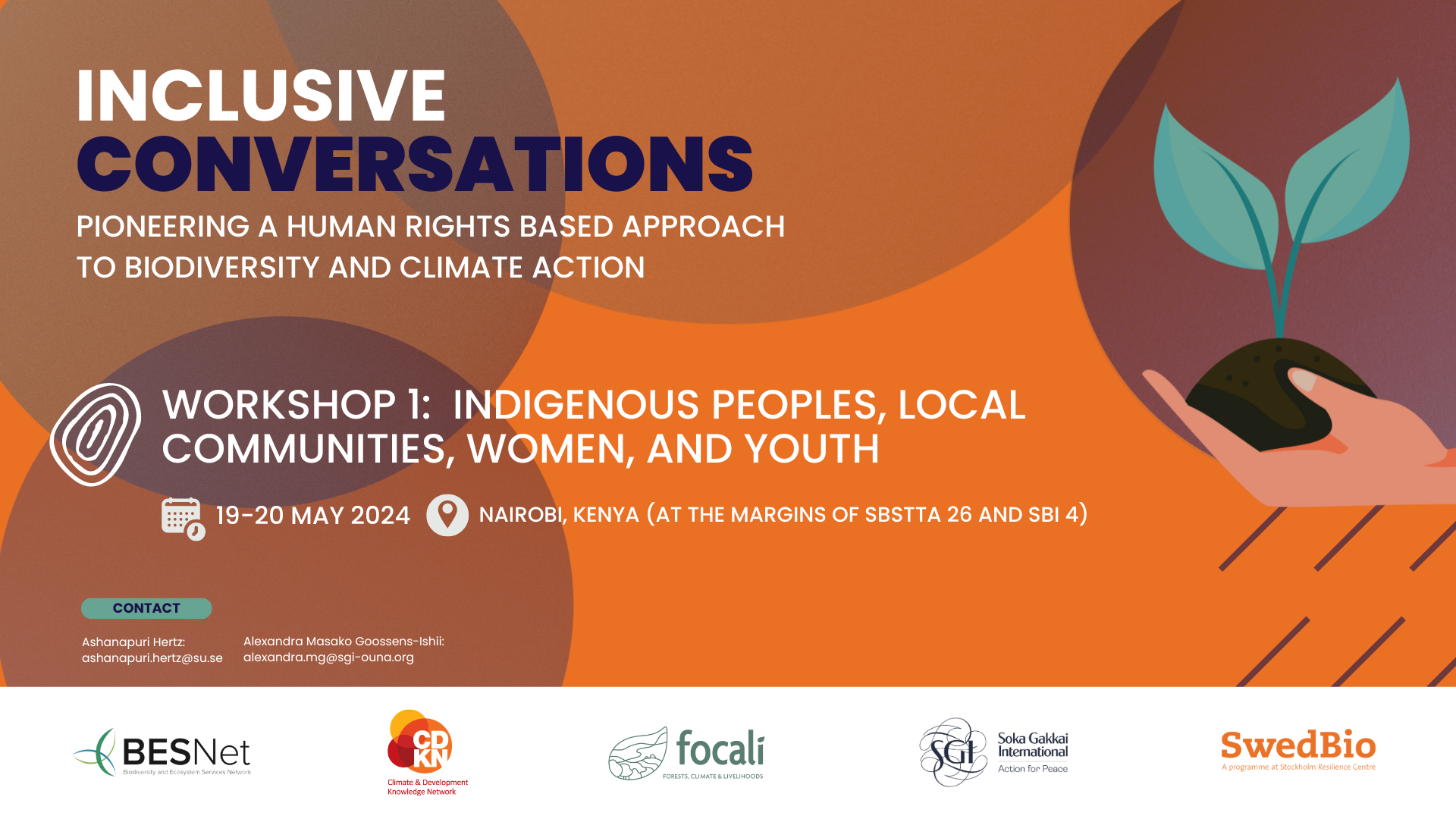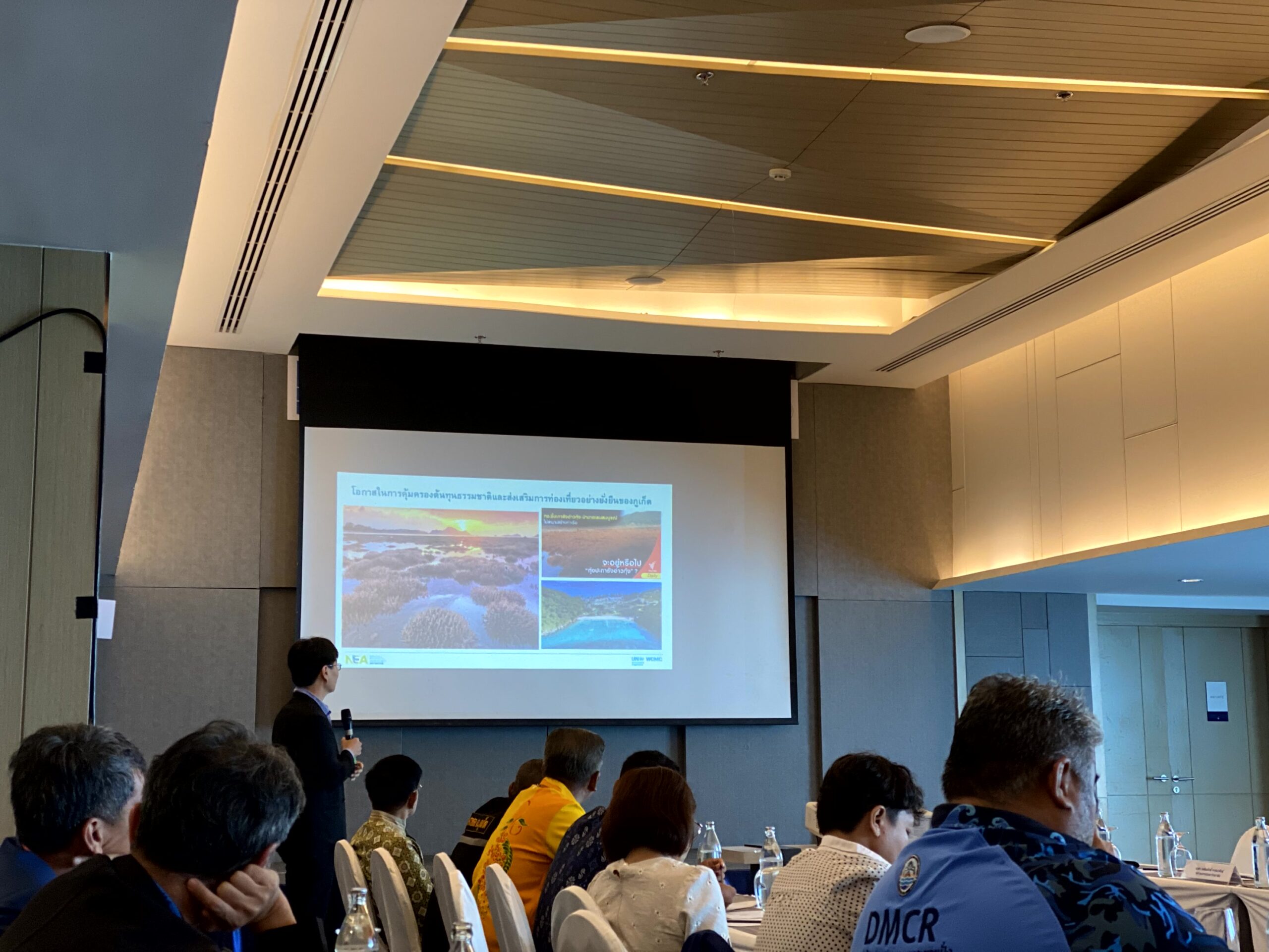Are you interested in learning how geospatial data and maps can put nature at the heart of sustainable development? Do you want to travel the world to hear from data providers and policymakers about how to move from data to action?
Join us for an official UNEA-5.2 side event to explore how spatial insights from the UN Biodiversity Lab (UNBL) can be used to support governments and other stakeholders to facilitate the implementation of nature-based solutions to support achievement of the post-2020 Global Biodiversity Framework (GBF) and 2030 Agenda. Offering rich networking, featuring announcements from partners, and providing small group engagement to virtually ‘travel the world’, this event will capture what it means in practice to move from data to action. The event will be in English and Spanish.
Register today to join us @ UNEA-5.2 on 2 March at 6:15pm EAT (GMT+3)!
Offering rich networking, featuring announcements from partners, and providing small group engagement to virtually ‘travel the world’, this event will capture what it means in practice to move from data to action. The event will be in English and Spanish. Click here to register today!
This event is designed to be complementary to recent and upcoming UNBL events, offering you a chance for networking and dialogue with our data and policy experts.
Event Partners
This side event is co-hosted by the Ministry of Environment and Energy of Costa Rica (MINAE), Impact Observatory (IO), National Environment Management Authority of Uganda (NEMA), Secretariat of the Convention on Biological Diversity (CBD), the United Nations Development Programme (UNDP), UN Environment Programme (UNEP), and the UN Environment Programme World Conservation Monitoring Centre (UNEP-WCMC).
About UNBL
The UN Biodiversity Lab (UNBL) provides access to global data and analytics on people and planet in new ways to empower governments and stakeholders to take action to achieve their commitments to the Convention on Biological Diversity and 2030 Agenda for Sustainable Development. The UNBL mission is three-fold: (1) to democratize access to spatial data and analytic tools as a global public good; (2) to support decision-makers to leverage spatial data for insight, priority-setting, and implementation; and (3) to empower stakeholders to use spatial data for monitoring and reporting.
Users can use UNBL to access over 400 of the world’s best datasets on nature, climate change, and sustainable development; to view curated collections on key policy questions related to nature and climate; calculate dynamic metrics for any country in the world; and request a secure workspace to upload their own data layers and calculate metrics for any area of interest. UNBL is freely available online to governments and other stakeholders as a digital public good.



